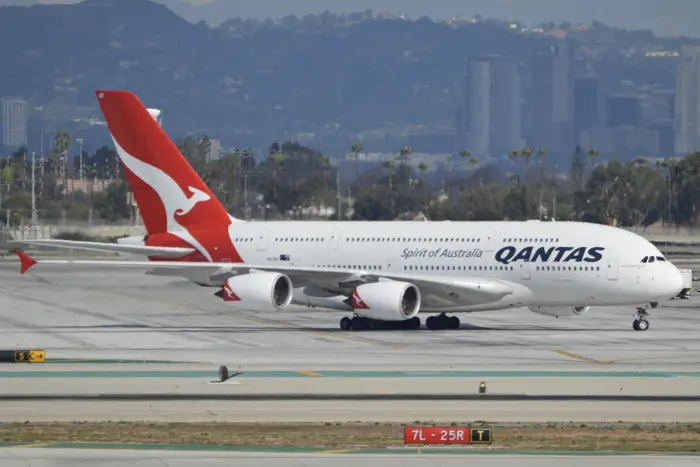How can we be happy during the war? A sociologist explains the phenomenon of Ukrainians.
23.04.2025
2801

Journalist
Shostal Oleksandr
23.04.2025
2801

The beginning of the war, followed by its escalation into a full-scale invasion, forced Ukrainians to reassess their values. The perception of happiness, normalcy, and the importance of various things has changed. This is explained by Volodymyr Paniotto, a sociologist, PhD in philosophy, general director of the Kyiv International Institute of Sociology, and a professor at the Sociology Department of the National University of Kyiv-Mohyla Academy, in an interview with 'RBK-Ukraine', as reported by 'Glavkom'.'Yes, the transformation has taken place. We have been asking people whether they feel happy for many years now. But in 2022, we had doubts. Can we ask such questions, will respondents start scolding our interviewers? And who would say they are happy during a war? But we still asked,' says the expert.According to the Kyiv International Institute of Sociology's research, the happiness indicators changed as follows: in December 2021, 71% of people in Ukraine were happy, while in March 2022, it was 68%. Currently, the percentage of happy people has decreased to 58%, but the number of unhappy people is only 16%.'How can one be happy during a terrible war? The point is that happiness can be conditionally imagined as a fraction, where the numerator is a person's achievements (material level, favorite activity, relationships, etc.), and the denominator is their expectations or aspirations, what they wanted to have or achieve,' explains Volodymyr Paniotto.The sociologist notes that this 'happiness formula' is not new, as it has been written about by other researchers. For example, American researcher Richard Layard pointed out that in the USA, from 1985 to 2005, real incomes doubled, but the level of happiness remained unchanged.The researcher proved that an increase in society's overall wealth does not necessarily make people happier - they feel happy when their well-being exceeds that of those around them, such as neighbors, friends, and colleagues. People's aspirations depend on how their reference group lives - that is, those with whom they compare themselves.In times of war, when many people face losses and hardships, the level of expectations decreases, which somewhat compensates for losses and difficulties. For example, in a study by the Sociology Institute of the National Academy of Sciences of Ukraine conducted in 2022-2023, respondents were asked: 'How much money does your family need per person per month to live normally?'In November 2021, this value averaged $385, while in December 2022, it was only $240. In other words, when things that were considered usual, such as safety, a roof over one’s head, or the ability to be with loved ones, are under threat, they gain more value, the expert emphasizes.According to the sociologist's observations, people have changed their criteria for 'normal life' - now it mainly consists of basic things such as having housing, light, and water, seeing their children, and not hearing explosions. For many Ukrainians, this is the source of happiness.Let us remind that Ukraine ranked 111th in the happiness ranking, losing positions compared to last year. Meanwhile, Finland remains the leader in happiness for the eighth consecutive year.
Read also
- In Italy, a man attacked volunteers who were gathering signatures for Ukraine's accession to the EU
- One of the largest passenger airplanes made an emergency landing in Azerbaijan
- Empty Beaches and Hotels: Experts Explained Why Turkey's Resorts Are 'Dying'
- Special Operations Forces strike planes at the 'Savasleika' airfield
- The General Staff confirmed the strike on Cheboksary: a plant producing antennas for 'Shaheds' was hit
- Another scandal. The network discusses the new school textbook on language










